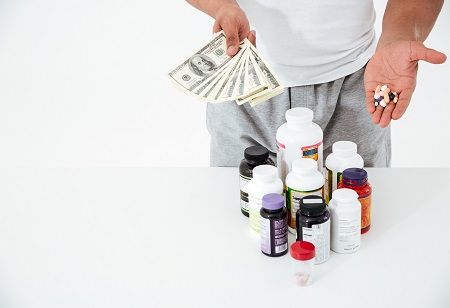India Pharma Outlook Team | Tuesday, 13 May 2025

U.S. President Donald Trump’s latest administrative order pointing to cut domestic drug prices could wave across global pharmaceutical markets, with certain pressure on India to raise prices. The “Most Favored Nation” (MFN) policy, announced by Trump through social media, mandates that the U.S. will pay no more for prescription drugs than the lowest price paid by any country worldwide.
“Prescription drug and pharmaceutical prices will be reduced, almost immediately, by 30 to 80 percent,” Trump claimed, suggesting that prices in lower-cost countries will need to rise to level the global playing field.
While the move may offer quick relief to American consumers, international trade experts warn it could interrupt pricing norms across developing nations. Pharmaceutical giants may increase lobbying efforts to push countries like India to be known for their affordable generic drugs and to raise prices, as these will now influence pricing in the U.S., one of the industry's most well-paid markets.
India’s generic drug sector has long been a global supplier of affordable medicines, including in the U.S. and U.K., but has faced condemnation from major Western pharmaceutical companies over weaker intellectual property protections. The U.S. has already placed India’s patent command on its "Priority Watch List," flagging it as a concern for proprietary drug manufacturers.
An Indian pharma industry executive, speaking anonymously, said the new policy may not hurt Indian generic manufacturers directly but could compress supplier and patent drug margins. “If I sell at $1, the pharmacy pays $9–10, with about $8 going to intermediaries”. If Trump really wants to reduce prices, he should address the supply chain lobby,” the executive noted.
With generics embracing just 21 percent of the $670 billion U.S. pharma market, the order’s real impact may be felt more by the patented drug segment, although the broader global pricing model could be set for a dramatic shift.